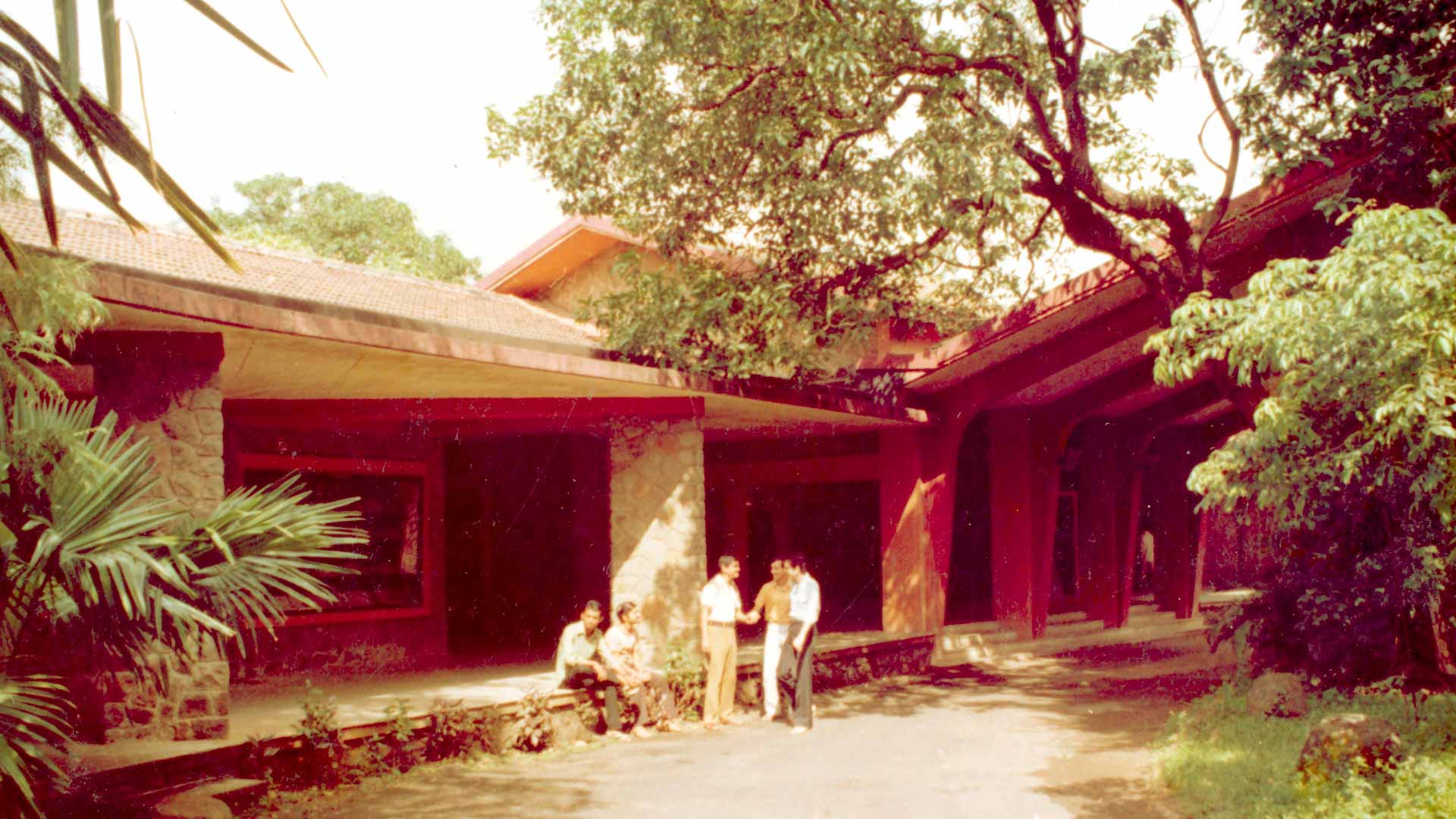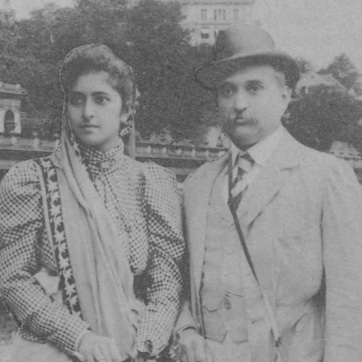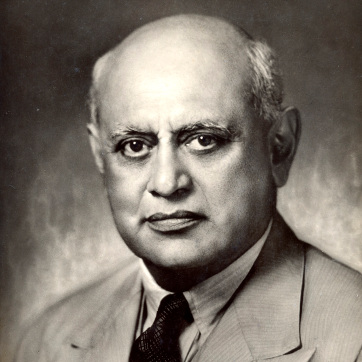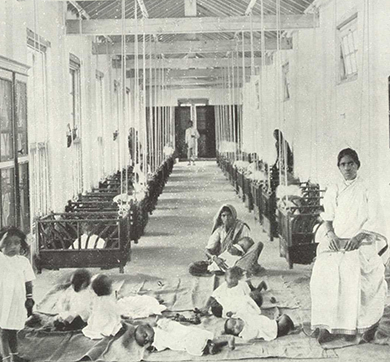An American missionary, Clifford Manshardt, pioneered several urban community programmes in the chawls of Bombay near Nagpada in the 1920s. His initiatives where supported by Sir Dorabji Tata. It was during this time that the idea of an institute for social work took root.
In 1936, the Dorabji Tata Graduate School of Social Work was established for professional training in social work, in the premises of the Nagpada Neighbourhood House. Dr Manshardt was its first director. Though it was a diploma course, in the first year itself there were 400 applicants for 20 seats on offer. In 1944, it was renamed the Tata Institute of Social Sciences (TISS).
Between 1936 and 1948, the School successfully worked to influence national laws and policies. "We pioneered programmes which were later enacted into laws by the Indian government, says TISS's present director, RR Singh, about the history of the Institute. "Our labour welfare and industrial management course was formulated because we believed labour problems needed attention. In 1948, the Labour Act was introduced. The concept of labour welfare in India directly evolved from the work of the Dorabji Tata Graduate School. It helped that these concepts were already part of the Tata culture."
The present campus of the Institute, at Deonar in Mumbai, was opened on October 6, 1954, by the then prime minister, Jawaharlal Nehru. The year 1964 is an important landmark in the history of the Institute — it was recognised as a deemed university by the University Grants Commission (UGC). Since then the Institute has expanded continuously, both in educational programmes and infrastructure. It has responded to the changing needs of the social and educational system in the country and has gone far beyond its initial concern of social work education. What started as a small institution offering post-graduate diplomas in social work has grown into a university with diversified activities.
Today TISS is one of India's premier educational institutions. It trains professionals in human resources and social work, carries out research on social problems and social sciences, as well as publishes and disseminates this information for the benefit of society. It is also one of the few institutions in the country which undertakes field projects to demonstrate the workings of organised and systematic welfare measures. "We have never believed in pure classroom instruction," says Dr Singh. "Apart from teaching and training, the faculty participates in field-action projects. Over time we have formed units for research into child welfare and the sociology of education and urbanisation, among other subjects. The social justice budget and report was prepared with our help. This is a first for the state of Maharashtra and a great challenge for us."
The problems faced by Dr Manshardt in Nagpada exist even today. Maintaining relevance, explains Dr Singh, is a continuous process, and is played out in the mindset and thinking. To keep up with the changing social fabric, the departments are constantly adding new thrust areas like sustainable rural development and education. The Institute has published over 500 research reports and has initiated 32 field action projects, with the Sir Dorabji Tata Trust supporting a few. "Our link with the Trust continues even today," says Dr Singh.
Though it is a deemed university, the representative of the Trust is still the chairman of the governing board. JRD Tata himself headed the board for a number of years. Like Jamsetji Tata, he too believed that wealth must be ploughed back for regeneration of society. The Tatas have financially supported the institute with critical grants for the building and the rural campus. Located 500km from Mumbai (near Solapur in Maharashtra), the rural campus is in a chronically drought prone area. A parched hillock has been successfully greened, and various other projects are taking shape here.
On the cards are centres for developmental studies, disaster management, domestic violence and human rights. At the moment, small projects are under way in these areas. The Institute is also facilitating the setting up of similar units in other parts of the country. It is holding workshops and running programmes to share knowledge with other universities.
TISS is contributing towards teaching, training, research, and extending technical support to voluntary organisations, as well as capacity building in educational institutions, including primary education. "The inspiration of Jamsetji, the stewardship of JRD as chairman of the governing board, and the philanthropy of Dorabji constitute a confluence which has nurtured, supported and strengthened us," says Mr Singh.
Fact file
The Tata Institute of Social Sciences is a pioneer in the field of social-work education in the Asia-Pacific region. It has made a significant contribution in the area of social policy, planning, intervention strategies and human resource development.
The Institute offers postgraduate and doctoral programmes in social sciences, personnel management, industrial relations and health, hospital management, and social work It has nine teaching departments, eight research units, two resource units and resource cells.



